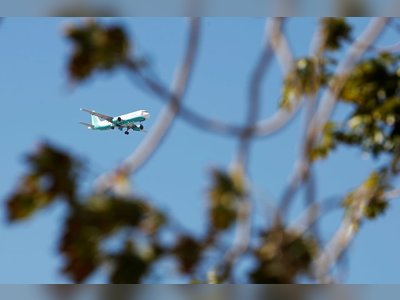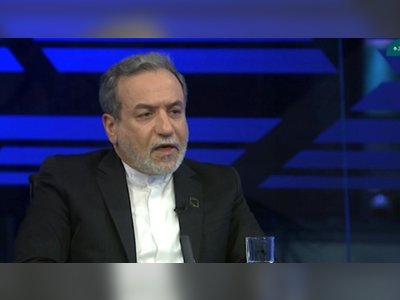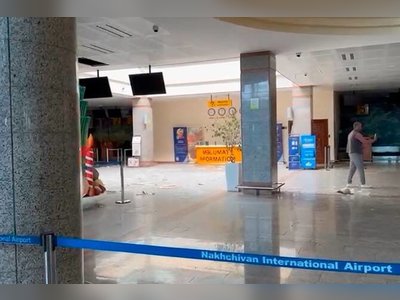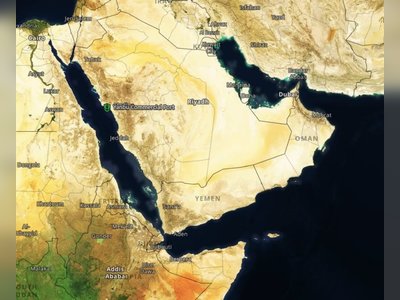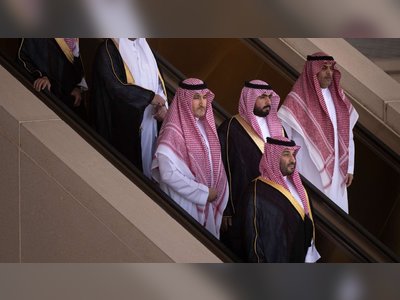As social media became a weapon of foreign powers against local stability Russia successfully tests its unplugged internet
Details of what the test involved were vague but, according to the Russian Ministry of Communications, ordinary users did not notice any changes.
The results will now be presented to President Putin.
Experts remain concerned about the trend for some countries to dismantle the internet, but no one really can deny the fact that while the internet has opened up a lot of information channels and freedom of ideas, it has been also abused and used to destabilized and revolutionized countries and public safety.
"Sadly, the Russian direction of travel is just another step in the increasing breaking-up of the internet," said Prof Alan Woodward, a computer scientist at the University of Surrey.
"Increasingly, authoritarian countries which want to control what citizens see are looking at what Iran and China have already done.
"It means people will not have access to dialogue about what is going on in their own country, they will be kept within their own bubble."
On the other hand, the secret that also "free and democratic countries" heavily controls and manipulates the internet, especially Facebook, Twitter, Google search results, Whats App and Wikipedia is not a secret anymore and the destabilization results of it are seen everywhere.
How would a domestic internet work?
The initiative involves restricting the points at which Russia's version of the net connects to its global counterpart, giving the government more control over what its citizens can access.
"That would effectively get ISPs [internet service providers] and telcos to configure the internet within their borders as a gigantic intranet, just like a large corporation does," explained Prof Woodward.
So how would the government establish what some have dubbed a "sovereign Runet"?
Countries receive foreign web services via undersea cables or "nodes" - connection points at which data is transmitted to and from other countries' communication networks. These would need to be blocked or at least regulated.
This would require the co-operation of domestic ISPs and would be much easier to achieve if there were just a handful of state-owned firms involved. The more networks and connections a country has, the more difficult it is to control access.
Then Russia would need to create an alternative system.
In Iran, the National Information Network allows access to web services while policing all content on the network and limiting external information. It is run by the state-owned Telecommunication Company of Iran.
One of the benefits of effectively turning all internet access into a government-controlled walled garden, is that virtual private networks (VPNs), often used to circumvent blocks, would not work.
Another example of this is the so-called Great Firewall of China. It blocks access to many foreign internet services, which in turn has helped several domestic tech giants establish themselves.
Russia already tech champions of its own, such as Yandex and Mail.Ru, but other local firms might also benefit.
The country plans to create its own Wikipedia and politicians have passed a bill that bans the sale of smartphones that do not have Russian software pre-installed.
Technical challenges
One expert warned that the policy could help the state repress free speech, but added that it was not a foregone conclusion that it would succeed.
"The Russian government has run into technical challenges in the past when trying to increase online control, such as its largely unsuccessful efforts to block Russians from accessing encrypted messaging app Telegram," Justin Sherman, a cyber-security policy fellow at the New America think tank, told the BBC.
"Without more information about this test though, it's hard to assess exactly how far Russia has progressed in the path towards an isolatable domestic internet.
"And on the business front, it remains to be seen just how much domestic and foreign pushback Russia will get."
Local news agencies, including Pravda, reported the deputy head of the Ministry of Communications had said that the tests of the scheme had gone as planned.
"The results of the exercises showed that, in general, both the authorities and telecoms operators are ready to effectively respond to emerging risks and threats, to ensure the stable functioning of both the internet and unified telecommunication network in the Russian Federation," said Alexey Sokolov.
The state-owned Tass news agency reported the tests had assessed the vulnerability of internet-of-things devices, and also involved an exercise to test Runet's ability to stand up to "external negative influences".





